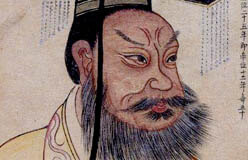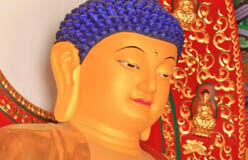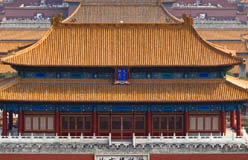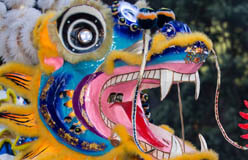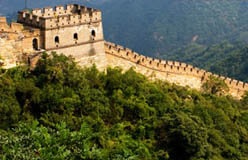Ancient Chinese society was like a ladder. On the very top step—the highest rank in society—stood the emperor and the royal family.
They possessed the most power and wealth. Just below them stood civil servants. These government workers were highly respected because they served the royal family and because they could read and write. Below civil servants stood the peasants and the craftspeople. Although peasants were farmers and had little money, China depended on them to produce food for everyone. Craftspeople made tools, weapons, furniture, and household goods for the upper classes. Near the bottom of the ladder stood the merchant class. Although many of this class were rich, such as traders and shopkeepers, they were looked down upon because they made their wealth from trading goods produced by others—not by their own hand. On the very bottom step of the ladder stood entertainers, soldiers, and servants. People on the bottom of the social ladder had little hope of climbing up, though a lucky few did.
